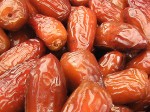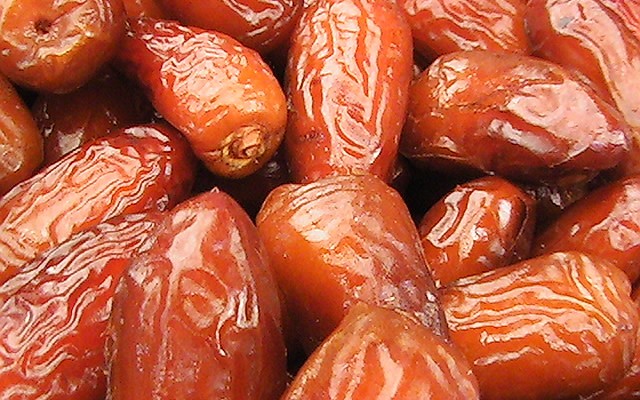By Dr. Mateen Khan (Trenton, New Jersey)
The following is part of Enter the Sunnah’s Fiqh Series, concise posts on various fiqh topics about why we do what we do with proofs from the primary sources in Islam according to the usool of the Hanafis.
Allah’s statement, “Whichever of you witnesses the month [of Ramadan] should fast during it,”1 is a general statement applying to everyone. From other proofs, we learn there are some who are exempt from fasting.
The Sick
The Qur’an states, “Should any of you be sick or on a journey, then [he should fast] a [similar] number of days at another time.”2 Allah subhāna wa ta’āla excluded the sick person from fasting and mandated he make-up those fasts when his health improves. If he began his fast, then he may break it and make it up later.
The sick person is the one whose illness may worsen or his becoming well may be delayed from fasting. He may ascertain this by being reasonably sure based on his own experience or on the advice of a knowledgeable, practicing Muslim physician.
The Sick Without Hope of Improving
A further categorization of the sick person is the one who has no hope of improving. This includes the very old, those with life-long conditions, etc. They are excluded from fasting just like the sick person who hopes to improve. Since they will not be able to make up these missed fasts, Allah subhāna wa ta’āla tells them, “Those who do not have the strength must give a fidya, [meaning] feeding a poor person.”
According to the Companion Ibn ‘Abbās (May Allah have mercy on him), fidya is to feed a poor person at least the equivalent of 3.5 pounds of wheat per day of missed fast.3
The Pregnant or the Breastfeeding
If a person is pregnant or breast-feeding and there is concern for her well-being or the well-being of the child, then she is excluded from fasting. These individuals are analogous (qiyās) to the sick person.
The Women During Her Period or Lochia4
On one occasion, our Nabi (Allah bless and give him peace) asked a rhetorical question, “Isn’t it true that a woman does not pray nor fast during her period?”5 On another occasion, his wife, ‘Aisha (Allah have mercy on her) mentioned, “We were commanded to make-up [those] fasts.”6 In other words, it was well known amongst the Companions a woman should not fast during her bleeding, and she should make them up at another time.
Click “Follow” to automatically receive the next post in the Fiqh Series, which will continue to discuss those who are exempt from fasting.
_____
1 Al-Baqara 185
2 Al-Baqara 184
3 Musannaf ‘Abd al-Razzāq 7574. One may give money equivalent to its cost instead.
4 Lochia is the bleeding that happens up to 40 days after giving birth.
5 Sahīh al-Bukharī 1951
6 Jāmi’ al-Tirmidhī 787
